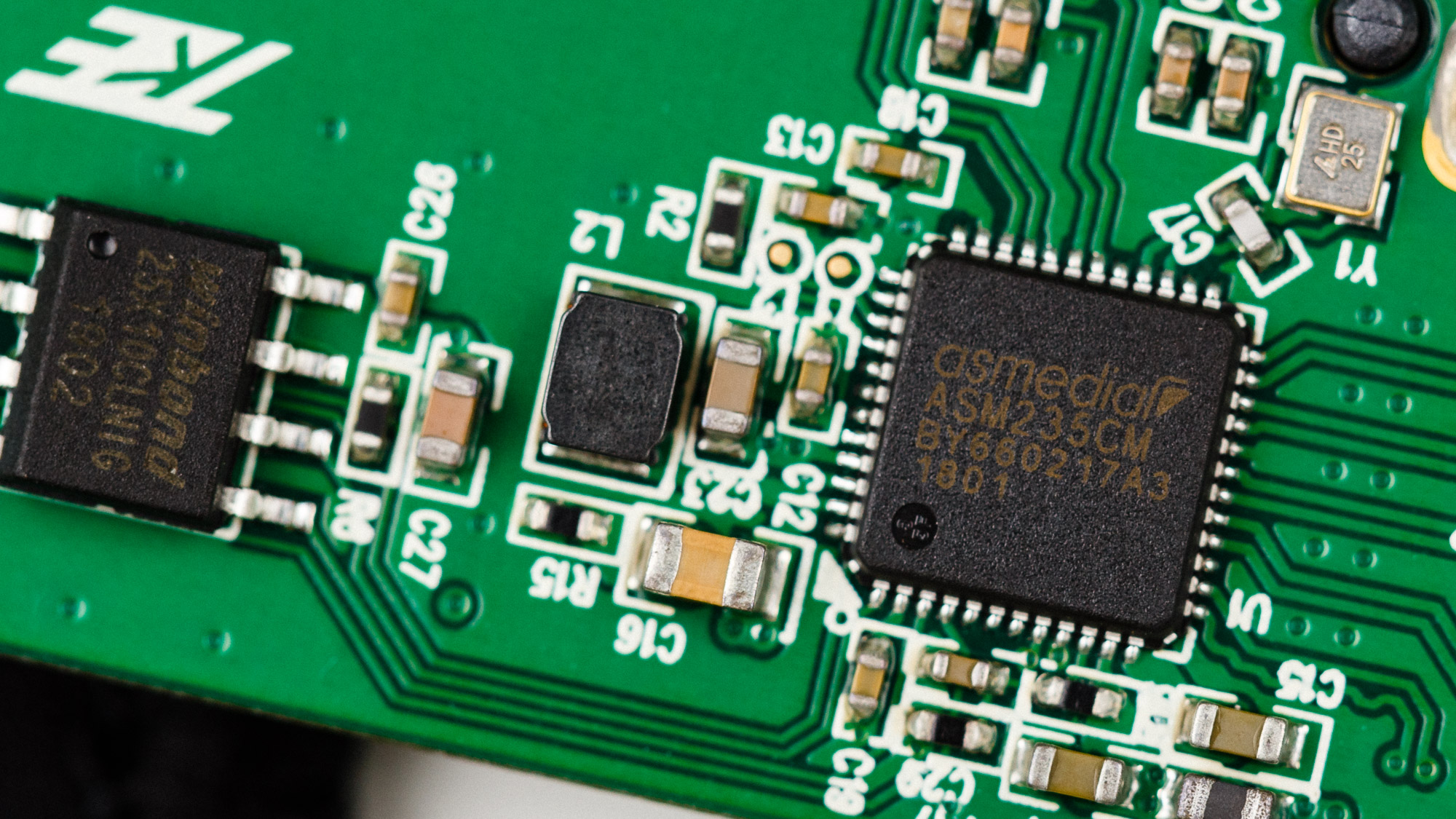Why you can trust Tom's Hardware
Silicon Power’s Bolt B75 Pro aims to offer up speedy flash in plentiful capacities in the form of a sleek and durable external storage. And it is quite cheap for an external SSD. But, like some other recent “Pro” type storage products we have reviewed, it doesn’t quite live up to that name.

One disappointing aspect was its encryption method. Based on Silicon Power’s Widget software, it works on a per-file or per-folder basis, uses up system resources, and takes a long time to encrypt. This is not as streamlined as what Samsung or Seagate have configured for their externals, which encrypt on a drive level. Using the latter method, entering just one password unlocks the whole device and everything works instantly.
Aesthetically, sure,the Bolt B75 Pro is made of an aluminum alloy and is advertised as military-grade. However, the Bolt B75 Pro isn’t as rugged as the company would lead you to believe. It’s better than plastic, but the casing can bend and twist rather easily. It’s also advertised as being scratchproof, but a dull pair of scissors seems to nick and scratch the casing without much effort. The drive looks good but isn’t so tough. Nor does it feature any sort of weather, water, dust, or crush resistance ratings like some more portable solutions like SanDisk’s Extreme and Extreme Pro.
When using the Bolt B75 Pro, its performance is mixed. While we recorded average flash-based read and write speeds when transferring files to and from the external SSD, extended write testing showed things can go downhill fast. As we demonstrated, the DRAMless SSD powering the Bolt B75 Pro can degrade to speeds slower than a hard drive, just 70MBps on average after the dynamic pSLC cache exhausts due to its DRAMless architecture.
However, when putting the drive under some consumer workload traces in PCMark 8, the storage test revealed some fairly competitive application and game load performance. So, if you don’t plan on writing hundreds of gigabytes of data often, then the write slowdowns will happen extremely rarely if at all. But, for those actual pros or prosumers who need to write large batches of files fast, look to alternatives or even toward building an external yourself.
Current pricing places the Bold B75 Pro just ahead of what most SATA SSDs cost by a few dollars. This doesn’t make it the best deal in external storage, though it is quite competitive for an external SSD. Depending on the capacity, opting for a better-quality DRAM-based SATA SSD and an external enclosure may be a more valuable route if you are looking for more consistent performance. Or, spend a bit more and get a higher performance external SSD like the Samsung X5.
MORE: Best SSDs
Get Tom's Hardware's best news and in-depth reviews, straight to your inbox.
MORE: How We Test HDDs And SSDs
MORE: All SSD Content

Sean is a Contributing Editor at Tom’s Hardware US, covering storage hardware.